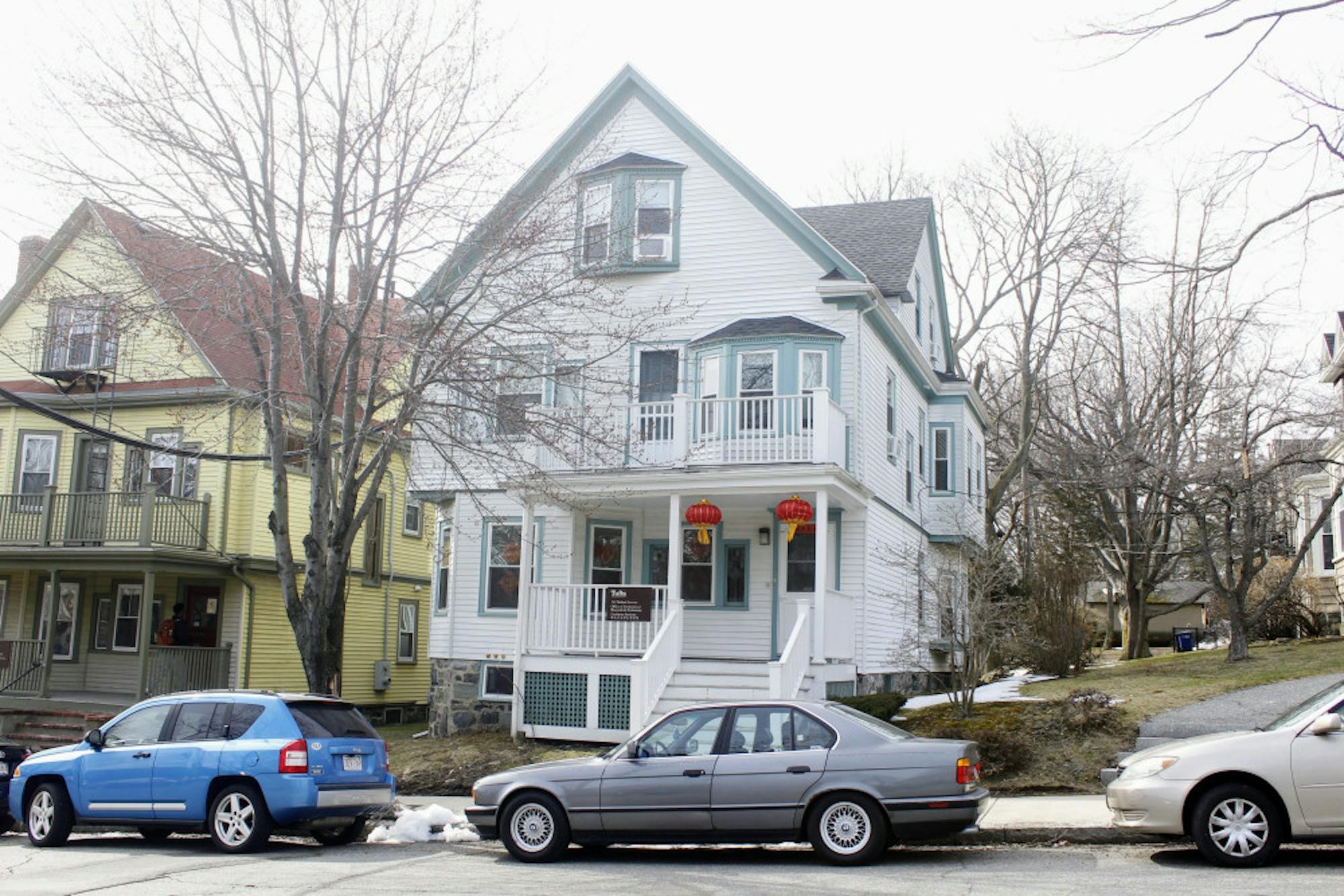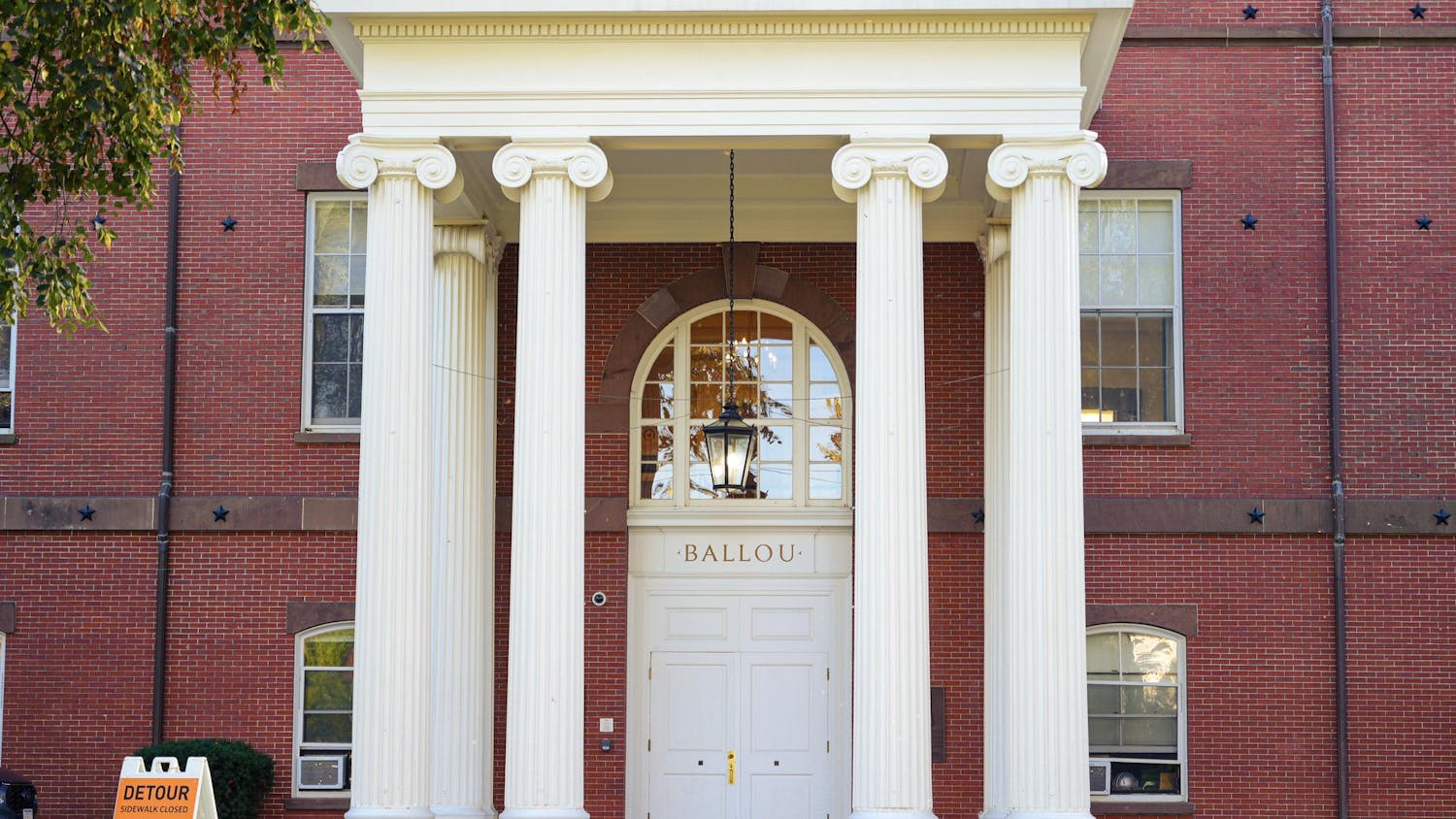Tufts announced in a Sept. 21 email the formation of a review committee to evaluate the renewal of the university's contract with the Confucius Institute (CI), an embattled nonprofit promoting Chinese language and culture that has come under national scrutiny in recent months for its ties to the Chinese government.
The email outlined that the "Confucius Institute Review Committee" will evaluate advantages and disadvantages of renewal, and report back to Provost and Senior Vice President ad interim Deborah Kochevar and Dean of the School of Arts and Sciences Jim Glaser on how to proceed. Senior International Officer and Associate Provost Diana Chigas, who is serving as the committee chair, told the Daily in an email that the contract is currently set to expire in June 2019.
In a Daily article published last semester, Congressman Seth Moulton and members of the community urged the university to cut ties with the CI. Critics accuse the CI of undermining human rights and attempting to promote the Chinese government’s own agenda.
According to its website, the CI is a nonprofit program affiliated with the Ministry of Education of the People's Republic of China that aims to promote Chinese language and culture.
The Confucius Institute at Tufts University (CITU) offers language classes and tutoring services to students on a non-credit basis. In addition to these services, it provides cultural programming, teacher training and academic conferences on Chinese language, as outlined on the CITU website.
Charles Inouye, one of seven members in the review committee and professor of international literary and cultural studies, referenced the criticisms against the Institute.
“Politicians want to point to China and accuse them of meddling in our [U.S.] politics,” Inouye said.
Inouye said that the committee, which is overseen by the Provost and the Dean of the School of Arts and Sciences, highly values student and faculty experiences with the CI. He noted how community members outside of the university also have opportunities to engage with the CI.
“The thing about the [Confucius] Institute at Tufts is that it is largely outward-looking in the sense that programming is for the community … if not more than the students at Tufts,” he said.
Opportunities for community involvement include language classes and the ability to participate in CI's goal to bridge the cultural gap between the U.S. and China.
Chigas believes the CI facilitates academic exchange with Beijing Normal University (BNU), where Tufts students can study abroad in China through the Tufts in Beijing program.
“Students and faculty have appreciated the extra Chinese language support, and the Institute’s language and cultural programming have enhanced our students’ exposure to global perspectives,” she told theDailyin an email.
Chigas said that the committee's review will have no impact on Tufts' current relationship with BNU.
She added that the university’s agreement with the CI requires that all activities and programs are in accordance with the university’s policy regulations. The university closely oversees the Institute and the Board approves the program and its annual plans, Chigas explained. She emphasized that all appointments have to be approved by the Board and that the university reviews and approves the credentials of the instructors at the CI before they begin teaching.
Chigas also said that Tufts does not direct any governmental funding to the CI.
Haitong Du, a first-year, said that cross-cultural programs like CI are helpful to students learning a different language.
"Language and culture are deeply connected. I learned English 10 years ago and I wouldn't say I can speak English this well today without learning about American culture," Du said. “The Confucius Institute is a great way for students who are curious about Chinese culture and language to go and study."
Du added that Moulton's call to eliminate CI from college campuses is a political ploy.
“They are exploiting this institute as their political capital ... There’s been this sense of xenophobia among American politics for a very long period of time," Du said.
The Review Committee will deliver its suggestions to the Provost and Dean of the School of Arts and Sciences by the end of December, according to the email.
University reviews its contract with Confucius Institute

The Confucius Institute at Tufts, located on Packard Avenue, is pictured on March 27, 2018.





